4, December 2022
All what Biya the Monarch wanted was a party in Paris befitting his rule 0
Paul Biya is the longest serving president on the African continent, longer than even Yoweri Museveni. He came to power in 1982, when the founding president of that unlucky country, Ahmadou Ahidjo, stepped down after he had presided over his country’s decline since 1960.
There was some drama in that changing of the guard. Ahidjo was not particularly popular with the French, and Biya, his prime minister, looked like he could be more useful. So they cooked up a conspiracy involving telling the president he had a terminal cancer and his days were numbered, and maybe it was proper for him to go to France and live his last days in good care and great comfort.
But once in France, Ahidjo sought a second opinion and discovered that his “cancer” had been a hoax hatched to get rid of him and install Biya in his place. So, he came back home and, simply, demanded that Biya give him his job back. All hell broke loose, Biya saying he was there to stay and Ahidjo mobilising his supporters to fight for him in a brief civil war that killed a few people. Biya managed to keep Ahidjo at bay, and when his former master mounted an unsuccessful putsch, had him arrested, tried and sentenced to death, a sentence which was later commuted to life in prison.
Ruled single-handedly
Since then, Biya has ruled the country single-handedly, and as his age advanced, he got into the habit of staying out of Cameroon, returning only a few times a year to visit and meet and know his ministers.
Over this period, he has not exactly endeared himself to his people, who have coined very nasty sobriquets for him, including “Sphinx,” or “Dinosaur” or even “Mummy.”
So, why did the “Mummy” think that he could go to Paris for the celebration of his 40 years in power? Well, most probably because he thought his country was too backward to provide the kind of décor for such an auspicious occasion. Having lived so much in Europe he possibly did not know a venue in his country that could do the appropriate catering for the feast.
But when he got to the venue of the event in France, he found irate Cameroonians waiting for him, with clubs, knives and crossbars, chanting expletives and punching and kicking members of Biya’s entourage. Among the chants I could catch from the riot were things like, “Celebrating 40 years of what? Murder, looting? Crap!”
While the president was lucky enough to have himself whisked away, there was a fatality in his delegation, reportedly a minister.
To me – and, I daresay, many others, it was clear this old man, who despite his age – he is almost 90— spots jet-black hair, only betrayed by his rickety walk and over-powdered face, tell-tale signs even the vainest of our despots cannot hide – was unaware of his surroundings.
Sycophantic hangers-on
As with most African rulers who have overstayed their welcome, Paul Biya surrounds himself with sycophantic hangers-on who travel with him and keep telling him the things he desperately needs to hear to keep him under the false belief he is still in charge of his country.
Now, in his absence, it is like when the cat is away the mice will play. Well before the fiasco of the president’s anniversary party, in June, his minister back in Cameroon was summoned before a court of law to answer charges of corruption, involving huge defence contracts granted to companies owned by his wife!
So, the former minister appears in court in his dapper, double-breasted suit and looks extremely well-groomed, which is okay for a former minister, I suppose. But to complete the picture of a former minister in touch with the times, the gentleman arrives in court sipping on a coupe of champagne, just to underline what the whole thing was about.
I loved the optics, the spectre of a small Biya doing his thing at home while the big boss is strutting his stuff abroad. It is a case of emulating the leader. In fact, looking at the cheek that this young man was displaying, I had this feeling that he was going to evoke Biya in his defence by saying, “I am only doing what my president is doing, nothing more, nothing less. But it is a sad sign of the times in a country that has a lot of colour.
The story of Cameroon is much more colourful than an overaged president running a bankrupt country. It is about a people that has been traumatised by extreme poverty, growing threats of terror attacks by Islamist groups afflicting the whole sub region and an absentee government by its president who comes to visit from time to time.
A brief historical study shows us that the man Biya is supposed to have conned into early retirement, Ahidjo, was not even the legitimate freedom fighter who had fought to drive the French out of Cameroon. That role was played by Felix-Roland Moumie, who was assassinated by French intelligence agents in Switzerland in 1960, aged 35. His fault was that he was too much like Patrice-Emery Lumumba of Congo, who was also killed for the same reasons: too anti-west, most likely a communist.
Such is Africa for you.
Culled from The East African
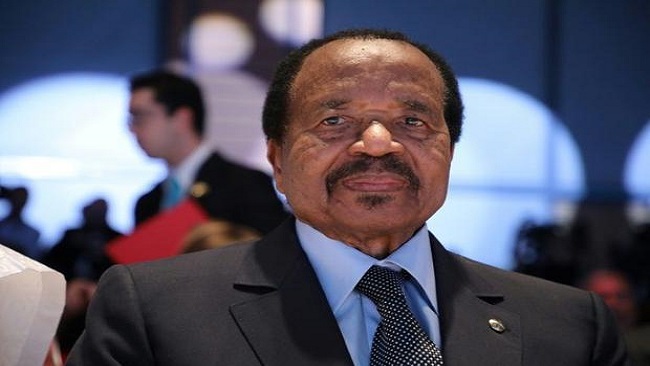

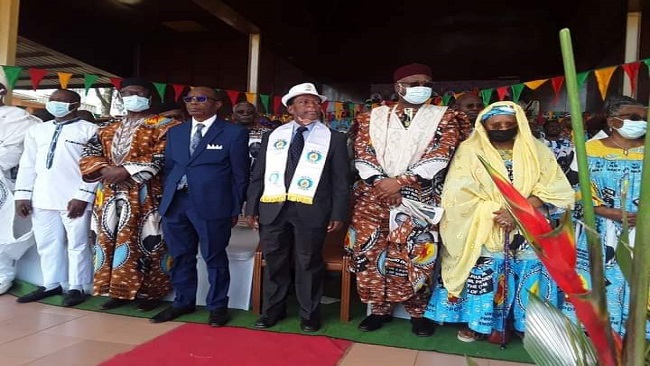
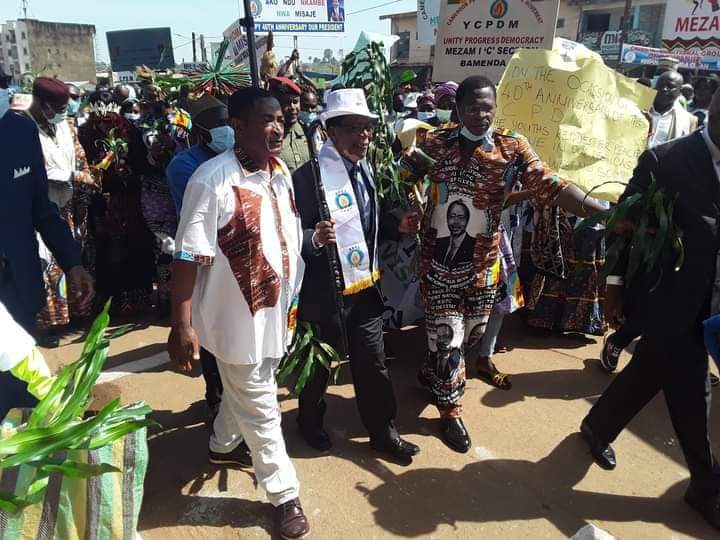


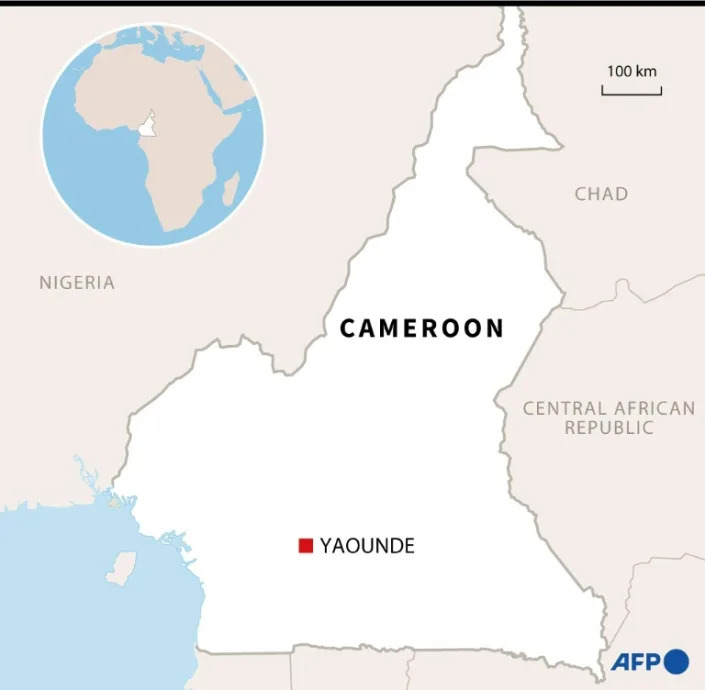
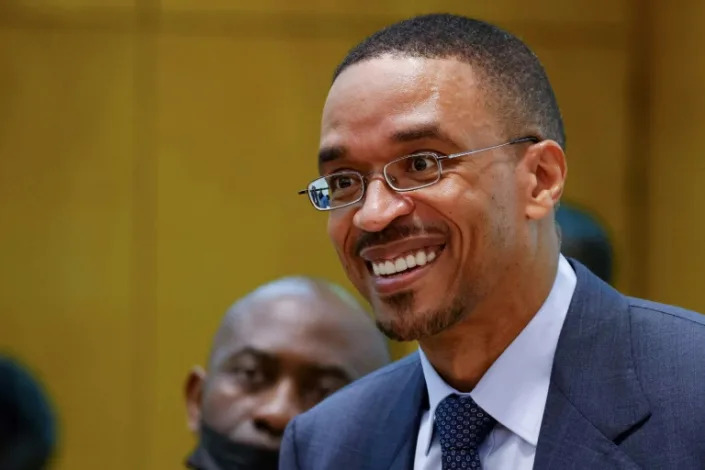


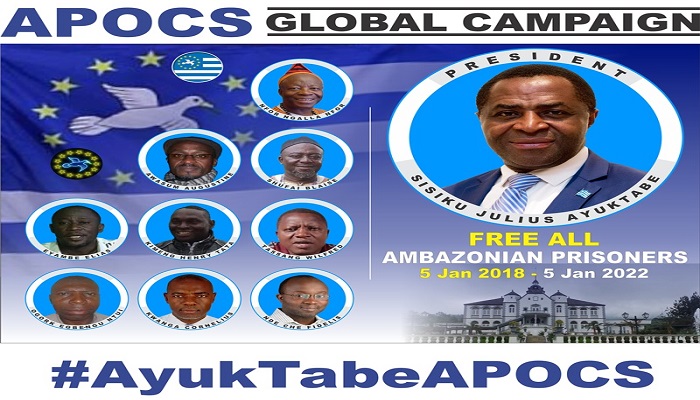
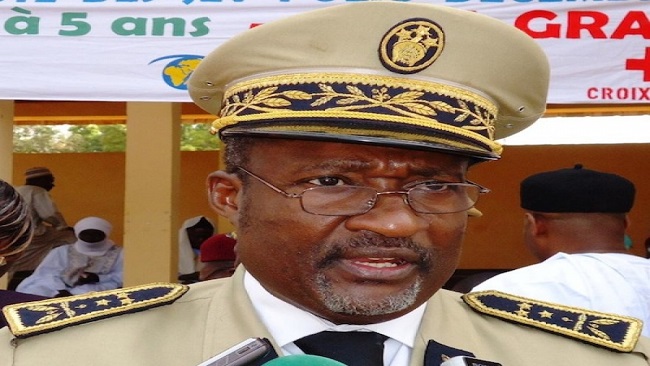















1, January 2023
In empty speech, Biya plans to intensify graft crackdown 0
Cameroonian President Paul Biya has expressed concerns that corruption is “becoming rife” in the Central African nation and said the graft crackdown will be intensified.
“Last year, I talked about the need to strengthen governance in the management of public affairs and to control government spending. Rest assured that this concern is constant and unwavering,” Biya said in a televised address to the nation Saturday night.
“I also want to reiterate that those who are illicitly amassing wealth by plundering the State, at whatever level, will be brought to book,” he said.
In November, the country’s Anti-Corruption Commission said about 44 billion xaf (about 72 million U.S. dollars) was lost to corruption in 2021.
Cameroon has arrested several top-ranking government officials since Biya launched an anti-graft campaign called Operation Epervier (Sparrowhawk) in 2004.
Source: Xinhaunet